Lists













13 Books
Books: Finished / Read
Sort by:
Recent Desc
More lists by Ian

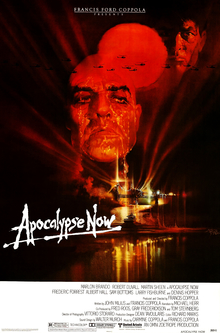
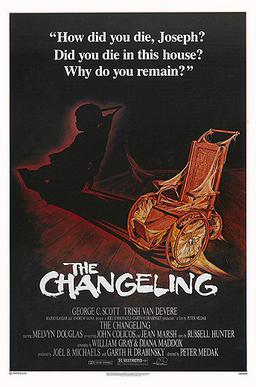
Movies: Plan to watch
List includes: 500 Days of Summer, Apocalypse Now, The Changeling
October 2021
1
@Reckoning
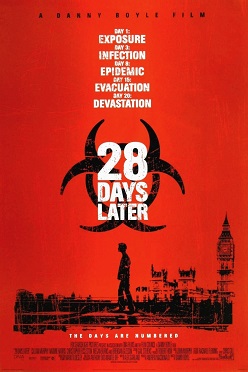


Movies: Favorites
My favorite movies
October 2021
0
@Reckoning

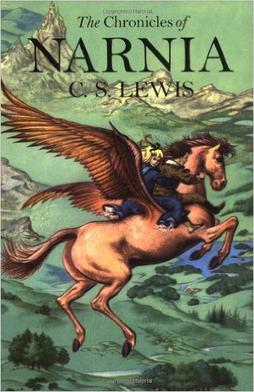
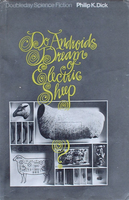
Books: Plan to read AKA "The List"
List includes: Fahrenheit 451, The Chronicles of Narnia, Do Androids Dream of Electric Sheep?
October 2021
1
@Reckoning



TV: Plan to watch
List includes: The Twilight Zone, American Gods, Good Omens
October 2021
0
@Reckoning



TV: Ruined
Shows that start well and fail to stick the landing.
October 2021
0
@Reckoning


TV: Favorites
List includes: Stargate SG-1, Star Trek: The Next Generation
October 2021
0
@Reckoning



Bands I love(d)
Just bands that I love or have loved.
October 2021
0
@Reckoning



Drenai Tales
A list of books by David Gemmell in his Drenai Saga. I have read each of these and love them all very much. I think Legend has one of the best openings of any book I've read, at least in recent memory.
October 2021
0
@Reckoning



Games: Want to play
List includes: Call of Duty, Wolfenstein, Assassin's Creed
September 2021
0
@Reckoning